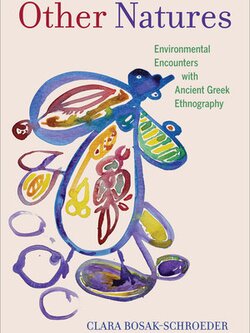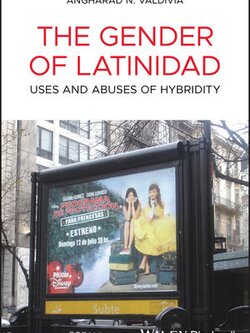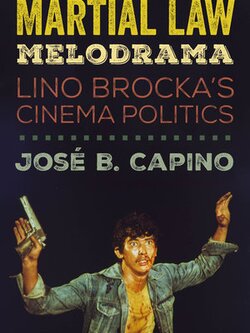
Ancient Greek ethnographies—descriptions of other peoples—provide unique resources for understanding ancient environmental thought and assumptions, as well as anxieties, about how humans relate to nature as a whole. In Other Natures, Clara Bosak-Schroeder examines the works of seminal authors such as Herodotus and Diodorus Siculus to persuasively demonstrate how non-Greek communities affected and were in turn deeply affected by their local animals, plants, climate, and landscape. She shows that these authors used ethnographies of non-Greek peoples to explore, question, and challenge how Greeks ate, procreated, nurtured, collaborated, accumulated, and consumed. In recuperating this important strain of ancient thought, Bosak-Schroeder makes it newly relevant to vital questions and ideas being posed in the environmental humanities today, arguing that human life and well-being are inextricable from the life and well-being of the nonhuman world. By turning to such ancient ethnographies, we can uncover important models for confronting environmental crisis.

Latina/os have seen increased visibility in the media in the past several years, especially in feature-length films, network television programs, and various digital platforms. The Gender of Latinidad: Uses and Abuses of Hybridity explores Latina/o visibility—analyzing presence, production, and interpretation throughout various media. An important contribution to the emerging field of Latina/o Media Studies, this unique volume brings together political economy and cultural studies to consider the limitations of cultural politics and explore current issues relevant to Latina/o cultural inclusion.
Author Angharad N. Valdivia addresses the concept of hybridity and applies it to contemporary Latinidad, in which hybrid Latina/os lead hybrid lives and consume hybrid media. The text explores strategies for gendered visibility in a range of popular culture media, using the concept of hybridity to connect Latina/o Studies to Feminist Media Studies, Gender Studies, and Ethnic Studies. Throughout the text, the author discusses the inclusion Latina/o scholars and audiences seek and considers if such inclusion is even achievable. Offering intersectional exploration of Latinidad in mainstream media, this volume:
- Explores the trope of the spitfire in the context of popular media
- Brings Disney Studies into Latina/o Studies
- Discusses the dynamic inclusion of Latinidad in awards ceremonies
- Assesses the implicit utopias of Latina/o representation
- Presents the only major academic treatment of Charo
Presenting an original perspective on Latina/os in media, The Gender of Latinidad: Uses and Abuses of Hybridity is an ideal text for students and scholars in areas including Gender Studies, Ethnic Studies, and general Media and Feminist Media Studies.

Lino Brocka (1939–1991) was one of Asia and the Global South’s most celebrated filmmakers. A versatile talent, he was at once a bankable director of genre movies, an internationally acclaimed auteur of social films, a pioneer of queer cinema, and an outspoken critic of Ferdinand Marcos’s autocratic regime. José B. Capino examines the figuration of politics in the Filipino director’s movies, illuminating their historical contexts, allegorical tropes, and social critiques. Combining eye-opening archival research with fresh interpretations of over fifteen of Brocka’s major and minor works, Martial Law Melodrama does more than reveal the breadth of his political vision. It also offers a timely lesson about popular cinema’s vital role in the struggle for democracy.